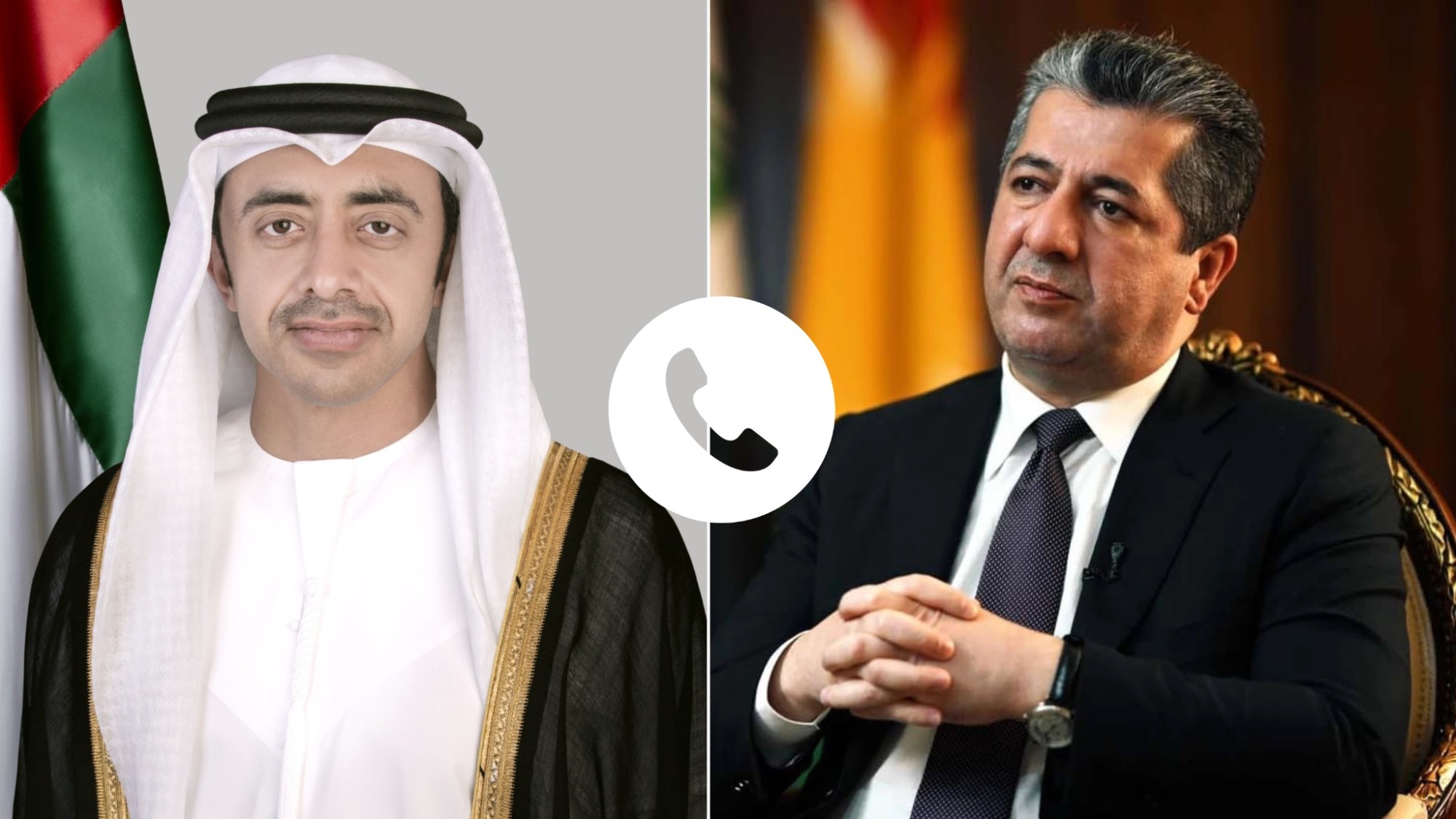U.S. Representative Elissa Slotkin of Michigan met with Kurdistan Region Prime Minister Masrour Barzani in Washington on February 29 and expressed gratitude for the KRG’s support of Iraq’s Christians and Yezidis especially during and after the ISIS crisis.
I welcomed @Kurdistan Prime Minister @masrourbarzani to Capitol Hill yesterday for a wide-ranging conversation about the current situation in the Middle East, including the recent Iranian attacks that took place in Erbil. 1/3 pic.twitter.com/6PrsOmA4OK
— Rep. Elissa Slotkin (@RepSlotkin) March 1, 2024
Safe harbor
Representative Slotkin said that thousands of people from Michigan trace their roots to the Nineveh Plains in Iraq, and that the “Kurds have given many Christians and Yezidis safe harbor when their own towns and villages were upended by instability and violence.”
Moreover, she said that she had a “wide-ranging conversation about the current situation in the Middle East, including the recent Iranian attacks that took place in Erbil.”
A widely condemned Iranian ballistic missile attack killed four civilians in Erbil on January 15.
The discussions about Kurdistan Region’s hospitality towards the Christian and Yezidi monitories come less than a week after Iraq’s Federal Supreme Court abolished minority quota seats in the Kurdistan Parliament.
The KRG expressed concern over the decision and said in a statement that it has implications for the representation of both religious and ethnic communities.
Moreover, both Prime Minister Barzani and Representative Slotkin underscored the critical need to protect the rights of all ethnic and religious groups in Iraq and the importance of promoting peaceful coexistence within the Kurdistan Region and across Iraq.
Highlights of Prime Minister Masrour Barzani's official visit to the US: From diplomatic meetings to economic discussions. pic.twitter.com/b0XdVY04xN
— Kurdistan Chronicle (@KurdChronicle) March 2, 2024
The Kurdistan Region: A beacon of religious freedom
“Starting in 2014, when ISIS invaded the Nineveh Plains and Syria targeting Yezidis, Syriac-Assyrian-Chaldean Christians, and other religious and ethnic minorities, the KRG opened their borders, welcoming over two million people fleeing ISIS and the Syrian civil war,” Nadine Maenza, a global fellow at the Wilson Center, and president of the International Religious Freedom Secretariat, told Kurdistan Chronicle.
She underlined that this came “at a huge economic cost, as the Government of Iraq has over the years refused to pay the full budget due to the KRG.”
“The Kurdistan Region has a beautiful history of pluralism and continues to be a bright spot for religious freedom where every religious community can practice their faith, even those banned in Iraq like the Baha’is,” Maenza continued.
“I hope the visit of Prime Minister Barzani to Washington, D.C., has reminded the United States of the importance of a strong Kurdistan Region in maintaining stability in the region.”
“As Iran’s influence grows in Iraq and conditions for religious freedom decline throughout the country, the Kurdistan Region continues to be an island of stability and a beacon of religious freedom. It has never been more important for the United States and the international community to offer them strong support. A successful Kurdistan Region is in the best interest of the United States,” Maenza also said.
Kurdistan’s open borders: Welcoming two million fleeing ISIS
Srwa Rasul, Director General of the Joint Crisis Coordination Center, told Kurdistan Chronicle that after the operations of the peshmerga, Iraqi, and coalition forces and the liberation of swathes of the region in 2016, more than a million refugees returned to their areas of origin.
“However, to date 900,467 internally displaced persons (IDPs) and refugees have not been able to return to their areas of origin. The Kurdistan Region is currently hosting them. Of these, 631,174 are IDPs and 269,293 are refugees,” she said.
“The Kurdistan Region has taken on this task at a time when it is facing a difficult financial and humanitarian crisis, as well as the Covid-19 pandemic and the effects of climate change, such as floods and droughts. Despite all these obstacles, the Kurdistan Region has made every effort to provide the best services it can to IDPs and refugees,” she concluded.
In 2020, Baghdad announced its decision to shut down the IDP camps by July 30, 2024.
“Despite the forced closure of other camps in Iraq, the Kurdistan Region has never adhered to these decisions because of its strong belief in respecting human rights and protecting human values, and because it feels their suffering,” Rasul added.
“The Ninth Cabinet of the KRG has always paid special attention to the humanitarian situation in the region, which has always been one of its priorities,” she added.
On February 24, 2024, Prime Minister Barzani traveled to Washington, D.C to meet with U.S. Secretary of State Antony Blinken, along with other top officials, including representatives, Pentagon officials, and senators.
PM Masrour Barzani of the Kurdistan Region and US Secretary of State, Antony Blinken, speaking for the press from Washington D.C. pic.twitter.com/BJ9DByrefw
— Kurdistan Chronicle (@KurdChronicle) February 27, 2024

